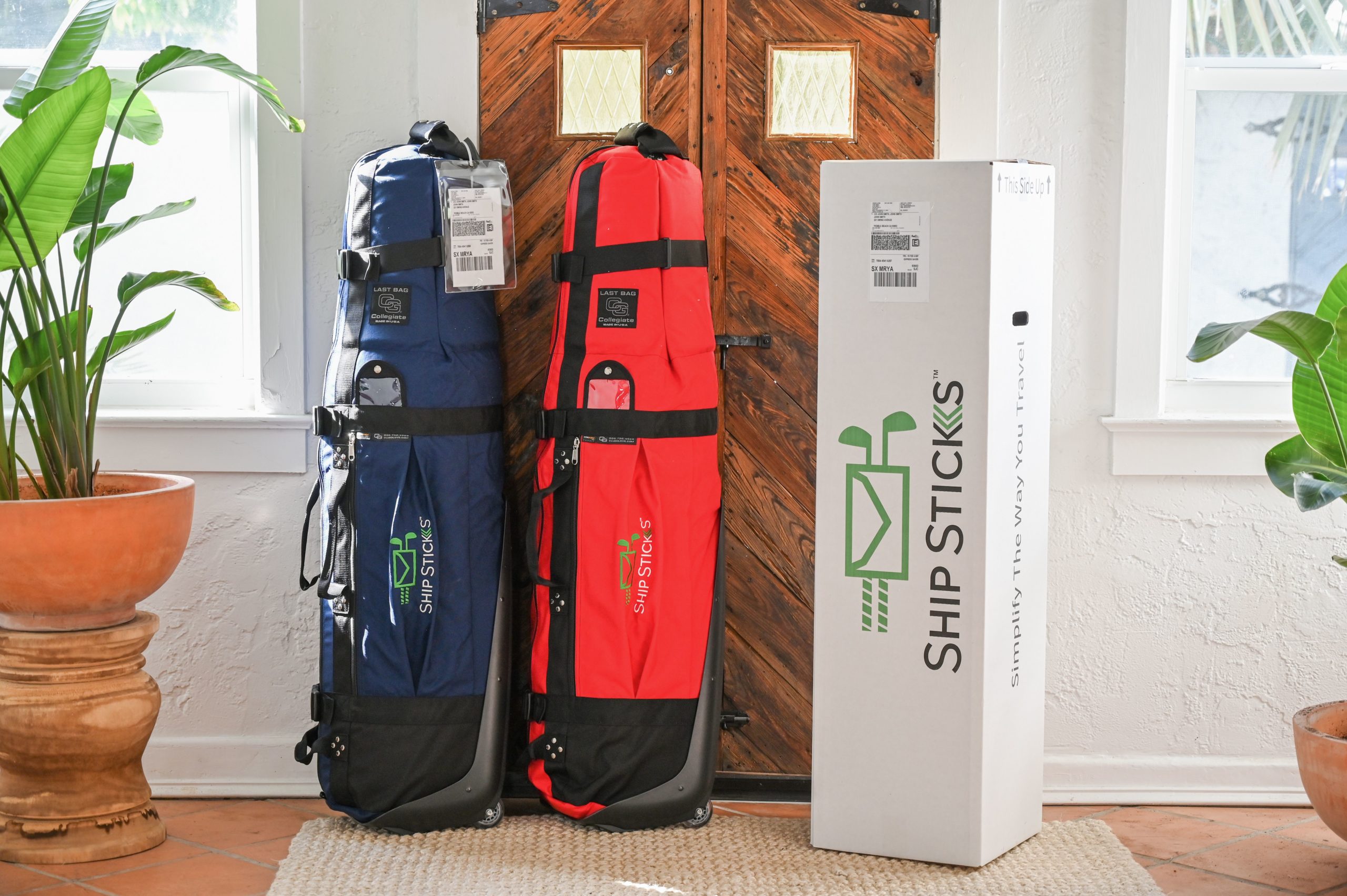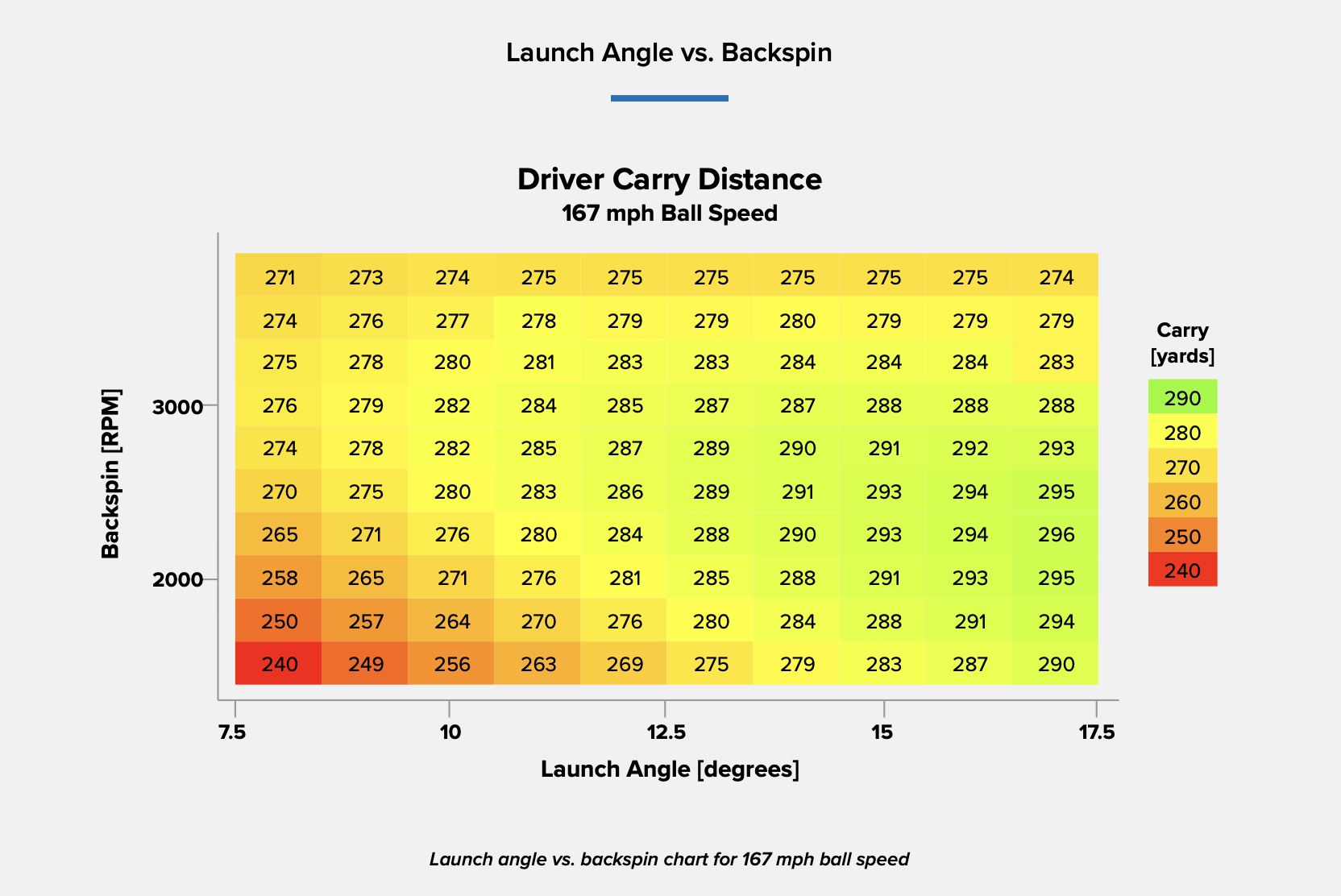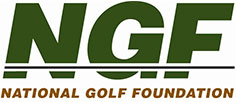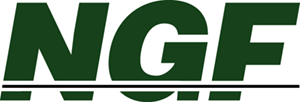Q&A: Club Champion Co-Founder Nick Sherburne
Nick Sherburne has been in the golf club-fitting business for two decades and is one of the co-founders of Club Champion. The custom club-fitting company was born from his first venture, EJL Custom Golf, and became a reality after he teamed with Joe Lee (now Club Champion’s CEO) and Keith Bank (chairman), who have helped fund and run one of the game’s most upwardly-mobile businesses.
Club Champion has opened 31 stores in the past year and expects to have 80 by the end of the year, expanding from just eight locations five years ago. Each store conducts an average of 500 to 1,500 tour-quality fitting experiences annually and converts more than 75% of those into club sales for customers. A typical studio footprint is approximately 3,000 square feet, with two to four fitters, and features a minimum of two fitting bays equipped with Trackman launch monitors as well as a SAM PuttLab, a build shot and an extensive equipment wall.
One of Sherburne’s chief responsibilities is overseeing the hiring and training of Club Champion’s fitters and club builders. He chatted with The Q about how club-fitting has evolved, the success and growth of Club Champion, relationships with OEMs and the future of golf retail.

When you look back, whether it’s 10 years or more, what do you see in regard to the evolution of club-fitting and how cognizant are golfers today when it comes to its benefits?
I started in 1998 and back then club-fitting wasn’t really a real prevalent thing. We did a lot of repair. We did club-fitting, but we just didn’t have the diagnostic tools that are available now. Repair and customization was still a thing, so it started out as kind of a hobby that developed into a business. I was young enough where all of a sudden here comes all these diagnostic tools – launch monitors, different shafts, different grips, different heads; all these ways of how the sport can be made easier. As a younger guy that hit me that this isn’t just an art, there’s a science to it. For me it was one of those logical things that not only drove my own interest but I could see in the marketplace there was a missing component. I also at the time had the luxury of going to tour events and seeing how the tour guys got to play around with their equipment and really fine tune. I thought to myself, why can’t every person be like that?
When we started, like 1% of golfers realized the importance of fitting. Even in the 2000s, it was still small, I’d bet under 10%. Now, it’s still only somewhere around 50% believe in custom fitting. I see that growing as it becomes easier. It was always affordable, people just thought it wasn’t affordable. They didn’t understand all the options. I see it growing to one day where 80% of the population that plays golf has a custom-fitted golf club. The manufacturers are really pushing it that way. That’s what I try to tell people all the time. There are certain stigmas with club-fitting: I’m not good enough or it’s too expensive. Both of them are completely false. The not good enough, if you play the game of golf, you want to get better. You don’t want to go out there and play your worst golf. With the price thing, people don’t know all the options. Yes, we have expensive options, but buying custom clubs can be the same price as buying off the shelf. You just have to know your options and that’s what we try to explain to clients and show them all the different options and what the performance gains are. There is no reason a person shouldn’t at some point have some kind of a custom club in their bag.
To what do you attribute the success and growth of Club Champion, and what differentiates the business?
I’ve been in the golf industry all my life. And the golf industry, like a lot of industries, wants to do the same things over and over again. What the golf industry had fallen into was this repeated thing that we’ll tell everyone they’ll hit it farther or you’ll do this or that. Our idea is let’s get in and see what optimal is. You may have the optimal club in your bag already. That’s what I always joke around with. People will come in and say, ‘I went to the store and they said I gained 10 yards.’ And I say, ‘Is 10 yards all you were supposed to get?’ They’ll look at me funny. I’ll say, ‘Just so you know, based on your clubhead and ball speed, you should get X amount of yards, so 10 yards might not have been all you can get.’ So, for us it was a big education play. We want to educate the consumer about what they have in their bag, how optimized it is, and what optimal is. And then we’ll let them decide what to do from there. Instead of having it be more of a transactional sale as it always has been in the past, let’s have it be an informative, experiential kind of thing where people can truly see the benefit making the investment in playing better golf instead just making an investment in a new driver that gives them five or 10 yards.
We’re seeing an increasing number of experiential opportunities in retail. Does that component also speak to what differentiates Club Champion and makes the business so viable?
We have a one-month training program in our headquarters that I oversee. All fitters come here for one month and learn how we do it. At a lot of other places you go to get fit, it might be an online thing. We’re trying to create an experience that’s very comfortable. I always say this during our training classes: I’m not a car guy, so when I go to buy a car, I’m very intimidated. They start throwing out all these things at me and I have no idea what they’re talking about. All I know is I like how it looks sitting on the lot. If I get a salesman who really takes me through the benefits and how that’s going to make me happy, it’s a very calming, soothing experience and makes me not only want to do business with them but continue to send business to them. We try to do the same thing. I want to break down that wall of intimidation that people have with it and I want to show what a custom fitting can do for their game and enjoyment.
I got into this because I love golf and I wanted to show other people why they should love golf. Yeah, the experience is a big thing. We want people to come in and have fun, but we want to educate them. At the end of the day, we want them to walk out and say, ‘I came in with these golf clubs and now I’m walking out with all this gain AND knowledge.’ That’s a big piece of what we do.

A fitting wall at a Club Champion location. Photo courtesy: Club Champion
How does the fitting process work, how long does it take and what is the breakout between men and women?
We give a full bag fitting at $350 and the reason is we want people to come in and get a full exposure of their bag and see where they’re strong, where they’re weak, and then a blueprint of what they should do. They can decide to buy some of it, none of it or all of it that day, but at least we know we have a game plan of what needs to be tackled first and the importance of it. That said, that’s still a tough thing for a lot of people. So, a lot of people will start where they think they can gain the most. You see a lot of driver fits or iron fits. One we push heavily if you’re not going to go all-in is a putter fit. That’s one of those that most people have never done and when you think about putting, that’s 40% of your game. A putter fit is a good way to shave 2-4 strokes off your game pretty much instantly.
A full-bag fitting is typically 3 ½ hours. It’s the length it takes to get the numbers we need. Irons or a driver, we plan on one and a half hours. Putter or wedge it’s an hour. We don’t want people to be rushed. It’s a hands-on, one-on-one interaction. The idea isn’t to tire you out to the point you can barely walk out of the store. Our goal is to get you the best you can be, explain you those numbers, so once we get there there’s no reason to hit anything else and you can move on. We’re trying to do that efficiently.
Women make up about 10% of our business. That’s something that we feel needs to be grown a lot. We’re making initiatives in our store and in 2020 that’s going to be even bigger. A lot of the ladies, I feel like there’s still some intimidation factor there. We get that from the men and we hear that often from the ladies who come in. Once they understand that custom fitting is for everybody – I don’t care your age, sex, ability to play golf – once you figure it can help your enjoyment with golf, we’re going to grow that. It’s the same thing we’re doing with juniors. If more juniors had the proper golf clubs when they started, they would enjoy the game quicker and stick with it longer.
How do club sales work in terms of inventory and what you keep in stock?
My goal is to offer as much as we can possibly offer. There are very few brands we don’t carry. We’re brand agnostic, so our guys aren’t incentivized to sell one thing over another. It’s purely based on results. The whole idea is the customer really gets to get the numbers they need. We’ve proven over time that if we deliver the results of them playing better golf and shooting lower scores, that the margin difference won’t be the difference in how big this business can be. You might have a notion when you come in that you’re a Titleist guy. Our fitters are going to make sure we try that and if it works, great, but we’re also going to interject some other brands based on what kinds of things we need to fix. We’re going to let the numbers speak for themselves and at the end we can have that discussion of whether you’re still a Titleist guy or not.
What is Club Champion’s relationship with the OEMs like Callaway, TaylorMade, PING, Titleist, etc., and has it changed over time?
They were not huge fans of us in the beginning. I don’t think it was because of anything we were doing. They just didn’t understand what we were doing. Like I said, the industry was having great success at blowing out drivers at a major retailer and online, so they didn’t really understand why people would want to come in and spend all that time and maybe sometimes more money. Now, we’re like one of the rock stars of the industry in the sense that they’re following suit. You can see every vendor wanting to do more custom fitting and offering more custom options. At the end of the day, people who play golf, like anything, they get passionate about it. When you can show a 20-yard gain with a golf shaft, that’s two less clubs in to the green. That’s not hard for people to understand that maybe paying a couple extra bucks is worth it. Especially because you’re not buying golf clubs all the time. You’re putting in a little extra investment in every three to five years. It makes sense.

A customer goes through a fitting at a Club Champion venue. Photo courtesy: Club Champion
What do you see when it comes to the future of golf retail?
The competition of what we’re doing is going to get stronger, which we’ve always known. More people are going to see our success and come after it. I think it’s going to play two different ways. You’re going to have more of the experiential golf-buying world; most retailers will be more experiential like us. And then there will always be this online world where people want to get the quick fix or price shop off one of us that they got fit from and someone online came up with a little bit cheaper way of doing it. I really see us splitting off. The little retailers are going to struggle unless they change their model to be more fitting-centric. You can’t look at a golf magazine, XM radio, Golf Channel without hearing someone say to go get custom fit.
What’s going to come next is — what does a custom fit mean? It used to be I could say ‘custom fit’ and it was a differentiator. Now it’s what kind? What diagnostic tools to you use? What demos do you have? Do you offer building in house? There are going to be different layers, from what we call a tour-experience fitting to a general fitting. I don’t know if the world is ready to understand that. We’re preaching it, but most people haven’t figured out that fitting means different things. That’s where I believe the next growth is – differentiating between fittings.
Short Game.
"*" indicates required fields
How can we help?
NGF Membership Concierge

"Moe"
Learn From NGF Members
 Ship Sticks Secrets to a Hassle-Free Buddies Golf Trip
Ship Sticks Secrets to a Hassle-Free Buddies Golf Trip
Whether you’re the head planner of your upcoming buddies golf trip or simply along for the ride, we’ve gathered a few easy ways to keep everyone in your group happy.
Read More... Golf Course Turf, Soil and Water Quality Diagnostic Testing
Golf Course Turf, Soil and Water Quality Diagnostic Testing
As humans, we see our primary care physician on a regular basis to proactively evaluate our vital signs. Likewise, a superintendent should perform frequent diagnostic testing on their golf course.
Read More... Unlocking Distance: Launch Conditions and Angle of Attack
Unlocking Distance: Launch Conditions and Angle of Attack
We’ve long known that higher launch and lower spin is a powerful combination for generating consistently long and straight tee shots. A key factor in optimizing launch conditions, one often overlooked, is ...
Read More...





